
Mission & Vision
Our mission at the Alliance for Human Animal Coexistence (AHAC) is to unify the well-being of people, animals, and the environment.
To that end, our vision is of harmonious coexistence between people, animals, and the environment.
“The issue of animal exploitation is a fundamentally social problem.”
— Dr Katherine Baxter, Co-Founder & CEO

Foundations & Aspirations
Our foundational principle is the fact that we cannot advance the causes of animal protection and environmental conservation without addressing how to change ourselves and the ways in which our societies coexist with other animals and the natural world. We therefore understand the issue of animal exploitation and environmental degradation as a fundamentally social problem, requiring both social and bio/ecological understandings to solve.
For this reason, drawing upon the expertise and knowledge of our co-founders, we utilize a holistic working framework and approach to project implementation and grant-making that recognizes the necessary connections among interwoven and overlapping issues of exploitation and degradation, and which therefore requires interwoven and overlapping solutions. This working framework is anchored in the dialogue that must be achieved between universal aspirations towards a world that safeguards the wellbeing animals and ecosystems, on the one hand, and the culturally specific, placed-based ways in which those universal aspirations will take shape and become a reality in local contexts, on the other. Our theory of change is therefore intentionally social AND biological, while also inclusive of communities, their livelihoods, and their existing relationships to — and efforts on behalf of — other animals.

Approach & Actions
Our regional focus will initially be Africa and North America with the possibility of the eventual expansion of our place-based human-animal coexistence model to other regions/continents. Our coexistence projects, programs, and grant-making will broadly fall into the categories of wild, farmed, and domestic animals, while acknowledging that siloing manifestations of suffering and exploitation risks overlooking the common root causes.
Our work on behalf of wild, farmed, and domestic animals will take shape within the following subcategories: (1) Seeds & Possibilities (aka grant-making & education/advocacy): i.e. service trips, capacity building, or grant-making that helps incubate the next generation of animal advocates; (2) Knowing & Learning (aka research and knowledge exchange): i.e. monitoring and evaluating the effectiveness of specific interventions, contributing to the evidence-base on human-animal interactions; and facilitating cross-cultural exchanges of knowledge and perspectives on challenges and opportunities for positive coexistence; (3) Growing & Showing (aka innovation and development): allowing space for creative project development, testing new ideas and concepts, and linking various initiatives in ways that connect existing work across multiple categories; (4) Coalitions & Alliances: the creation of strategic collaborations and synergies to build coherence into human-animal coexistence efforts that allow all involved entities to be more successful than they would be if working alone.
In addition to our own projects within each of these categories, we will initiate a regranting program for innovative human-animal coexistence initiatives that will have the effect of opening up a competitive marketplace of individuals and organizations doing excellent work unifying the inseparable welfare of humans, animals, and the environment in Africa, thereby allowing AHAC to set in motion initiatives and intentions that wouldn’t otherwise have the means to get off the ground. Furthermore, and significantly, through an appointed regranting/advisory committee, AHAC will serve as a vehicle to meaningfully include African/regional experts and perspectives in the grant-making decisions shaping the future of animal advocacy—a space which is currently dominated by western and Eurocentric philanthropic perspectives. In this way, AHAC’s uniquely structured regranting process will simultaneously serve as a means of facilitating mutually beneficial exchanges of knowledge and ways of thinking on how to harness the potential of philanthropy to solve human-animal coexistence issues.



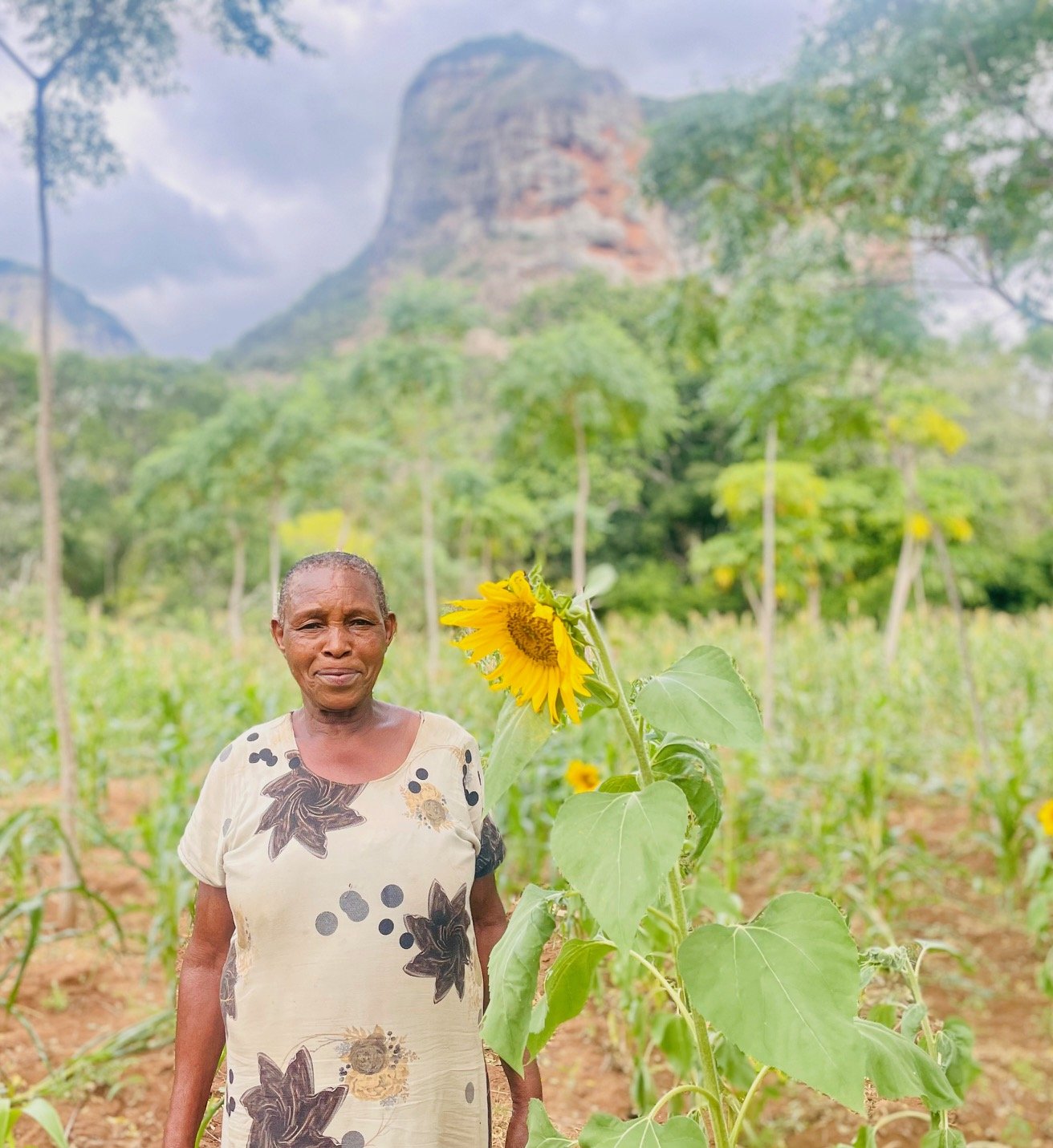


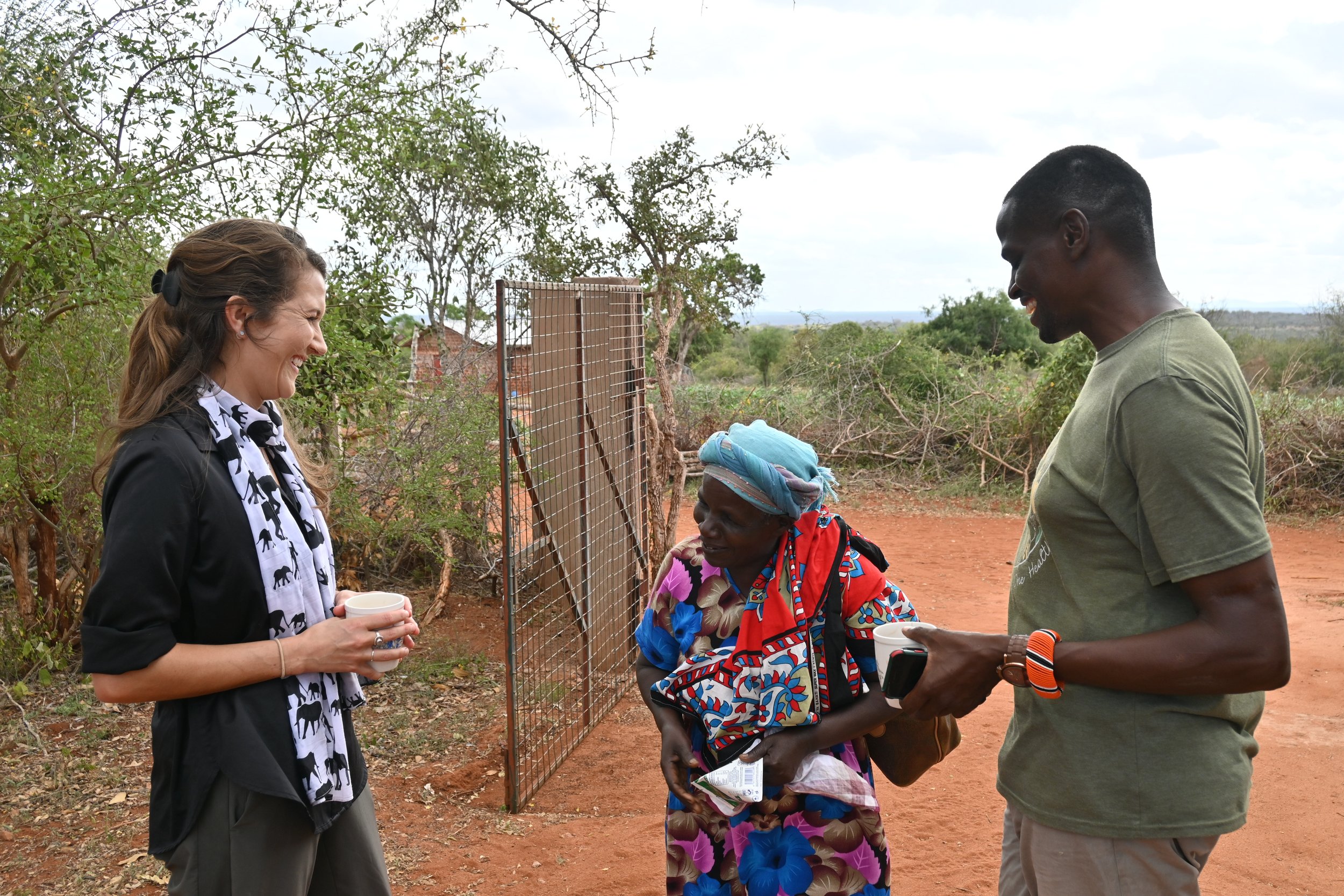



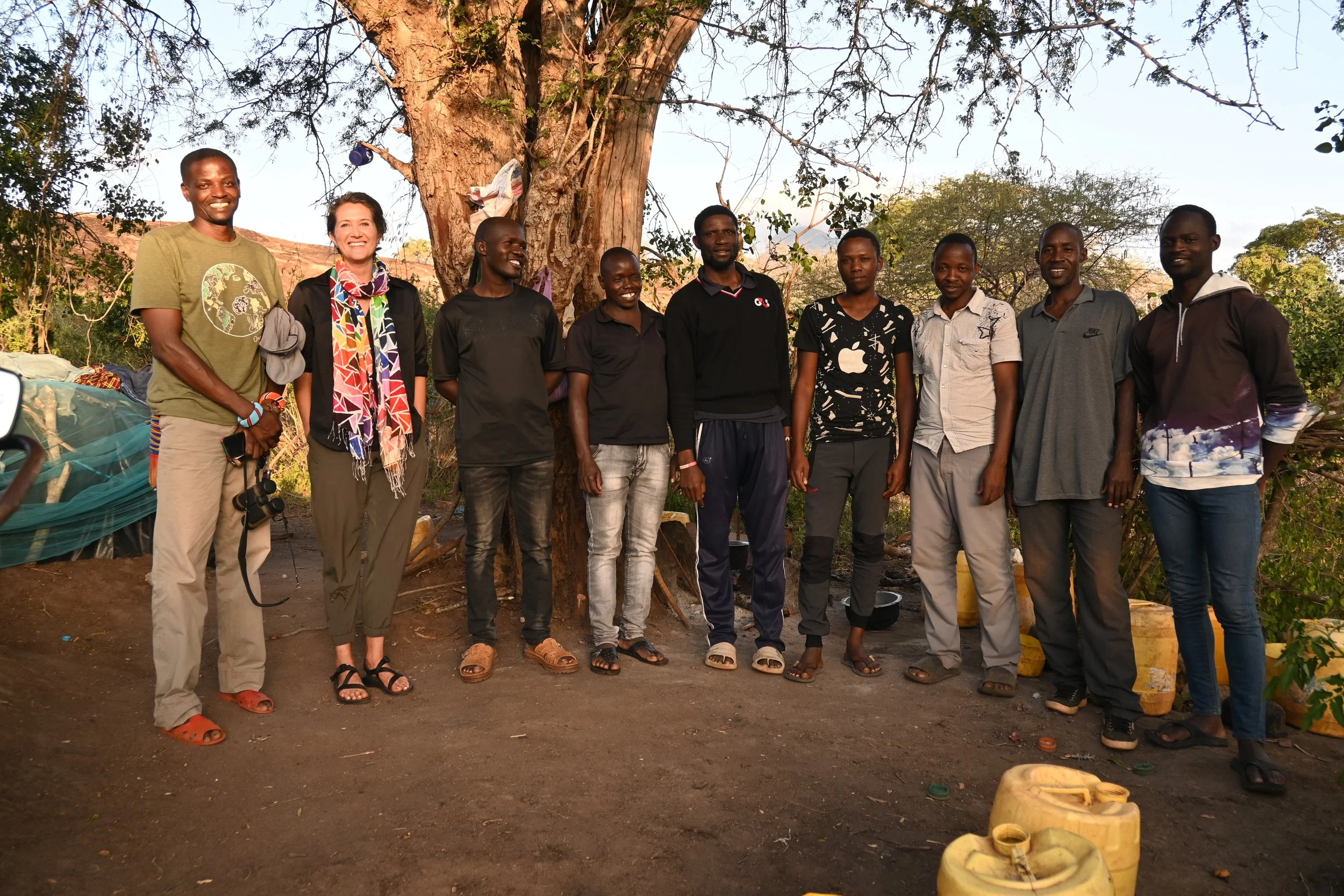





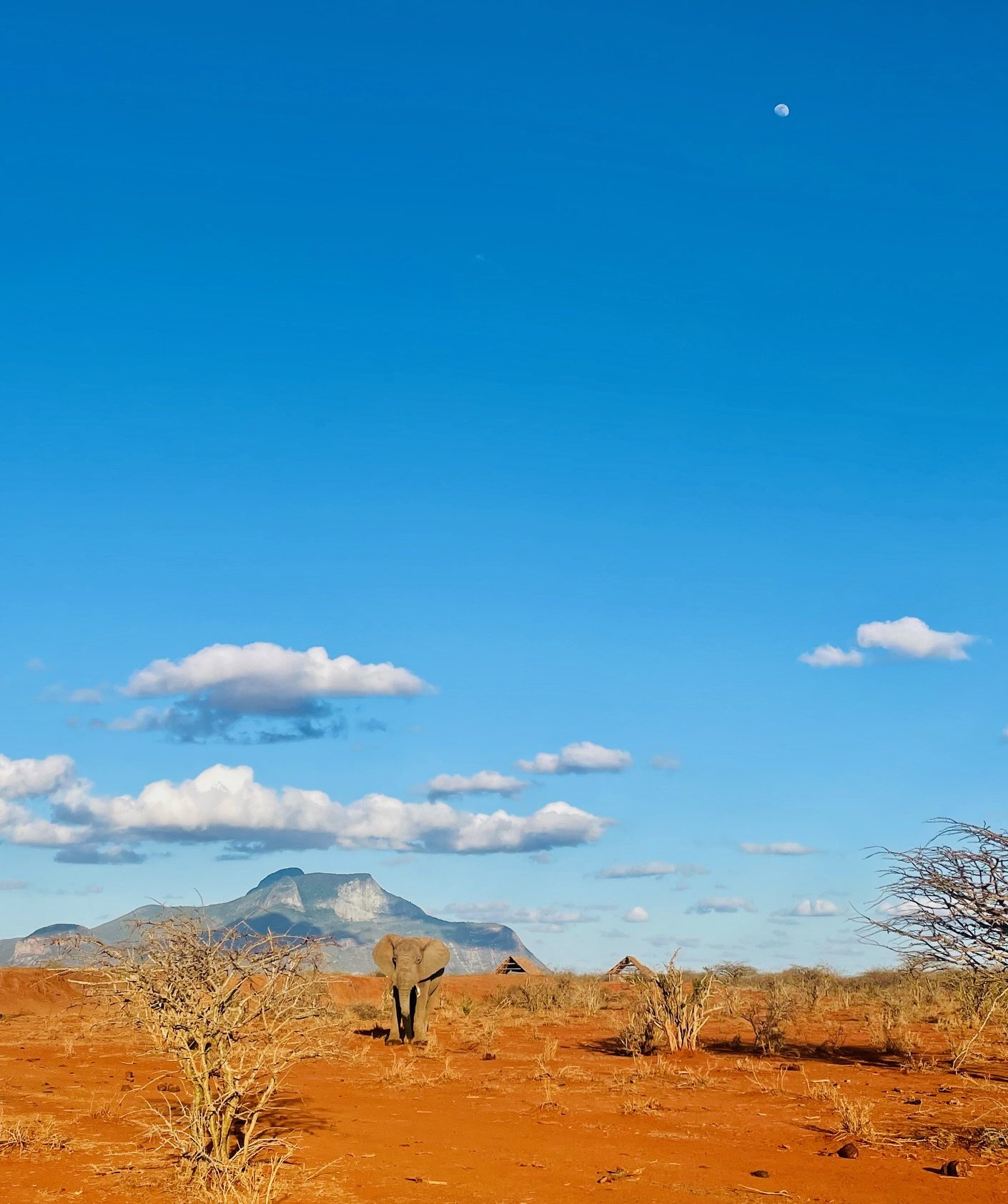
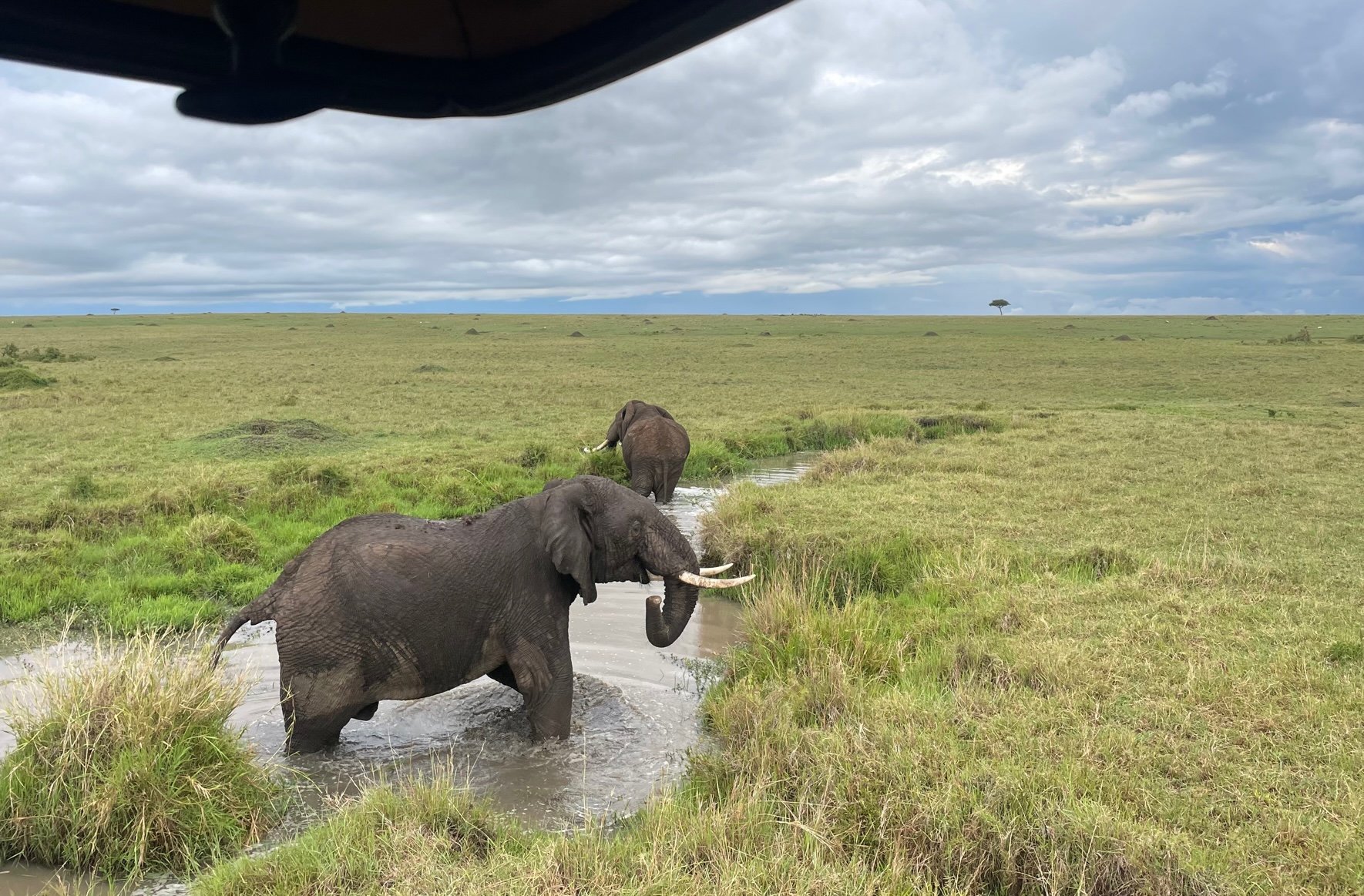

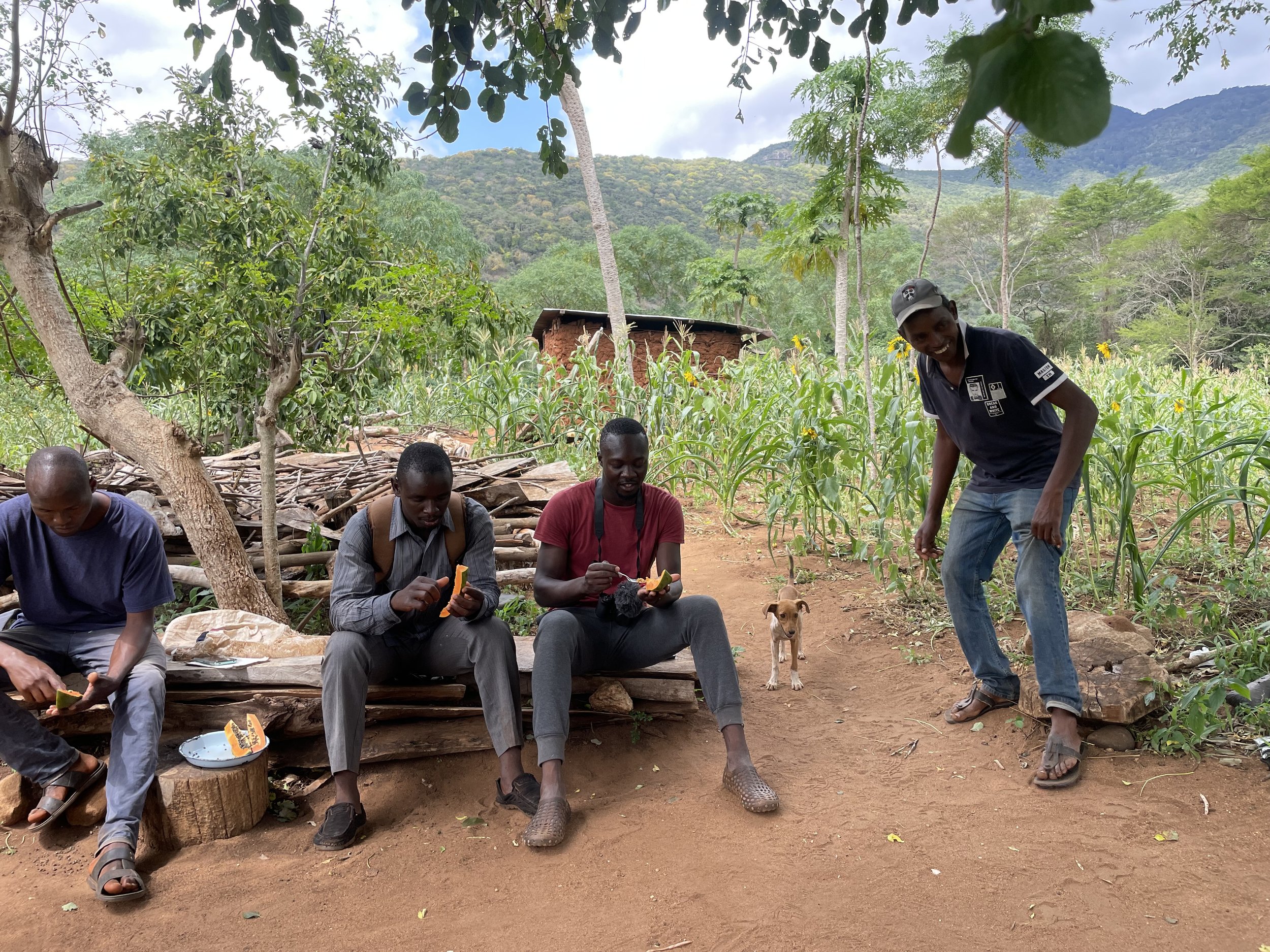
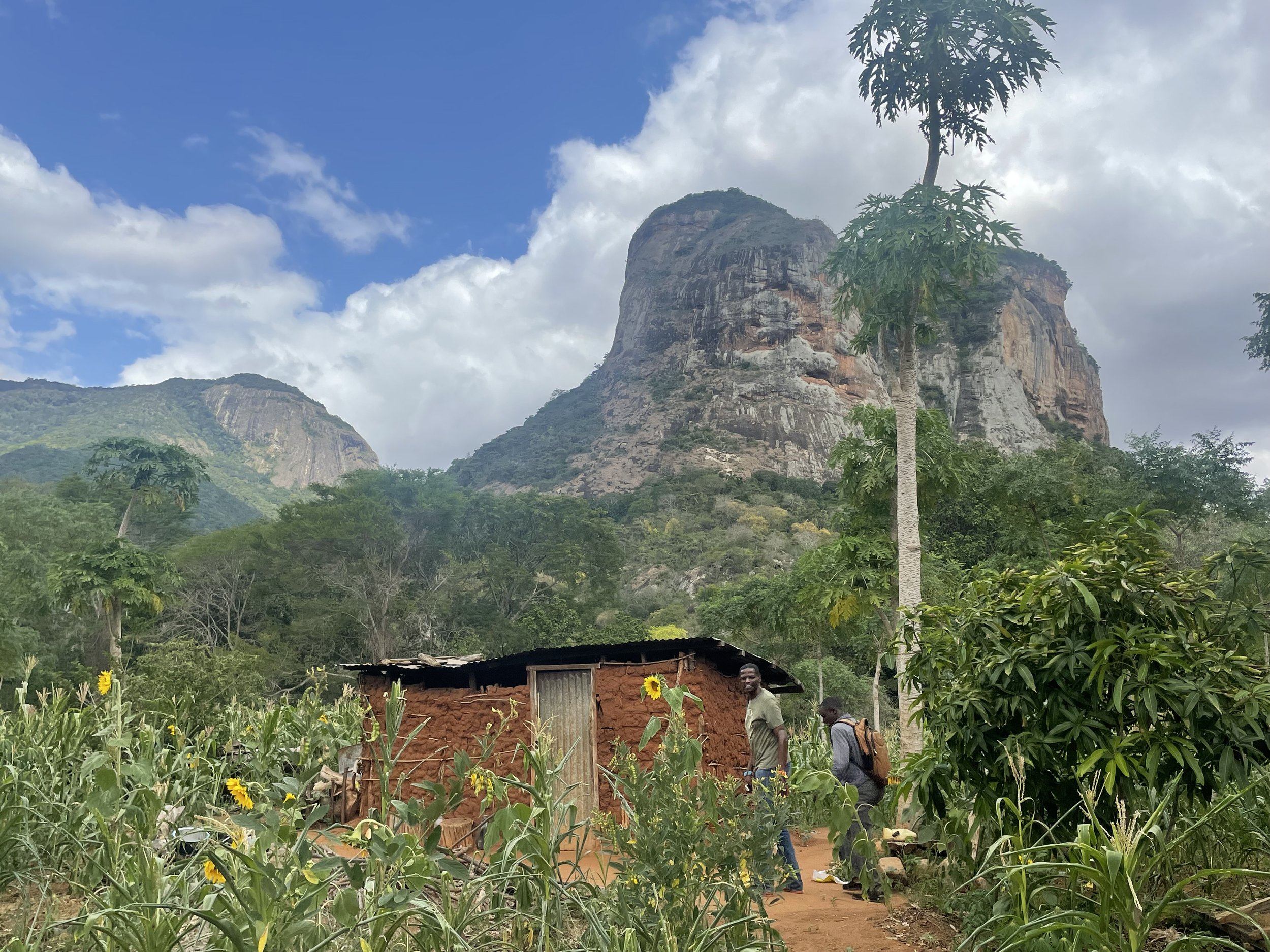
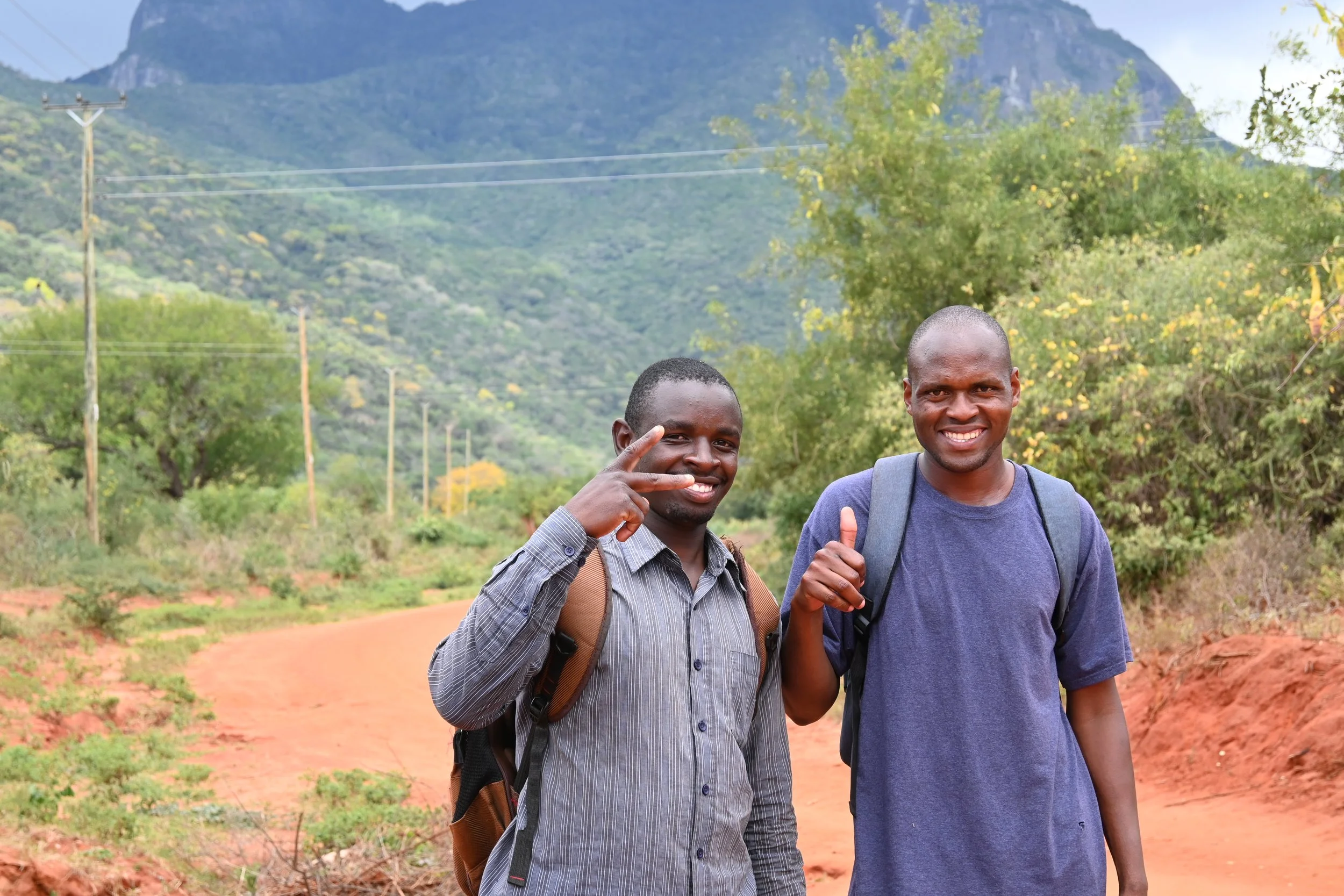



History
The Alliance for Human Animal Coexistence (formerly Africa Network for Animal Welfare-USA) was co-founded by Katherine Baxter, PhD, Kahindi Lekalhaile, and Janet Rumfelt, PhD, in 2024, born out of their friendship and mutual curiosity, love, and respect for other animals and the natural world.
The antecedent to AHAC, The Africa Network for Animal Welfare-USA (ANAW-USA), was founded in 2006 by David Gies and Jos Ngonyo with the noble intention of mobilizing resources to support the impactful animal welfare and conservation work of close friends and colleagues at ANAW in Kenya. This was an important partnership that allowed both organizations to contribute significantly to animal protection and environmental sustainability across the continent.
Over the course of the last few years, under the leadership of Katherine Baxter as CEO, Janet Rumfelt as Board Chair, and Kahindi Lekalhaile as strategic advisor and project coordinator, the role and approach of ANAW-USA has evolved to not only support ANAW, but also to act as a catalyst for innovative human-animal coexistence initiatives in Africa through leveraging our ability to facilitate critical exchanges of resources and knowledge between the US and Africa. As a result, in order to better capture the potential contribution we are positioned to make to this cause area, we have decided to rebrand into a new and reimagined entity, the Alliance for Human Animal Coexistence, with an expanded mission of catalyzing impactful human-animal coexistence initiatives that innovatively unite the needs and well being of people, other animals, and the environment.
We recognize that this new entity wouldn’t be possible without everything and everyone that came before it, and we are deeply grateful for the work of countless individuals on behalf of ANAW-USA. We hope that this next chapter will be one of continued organizational growth, increased impact, and unique contributions to what are increasingly complex and urgent issues involving our coexistence with other animals.
Community Partnerships
Including communities, their livelihoods, and their existing efforts on behalf of other animals is central to an inclusive & pragmatic model of positive coexistence. This is rooted in the dialogue that must be achieved between universal aspirations towards the wellbeing of animals and the specific, culturally situated ways in which those universal aspirations take shape and become a reality in local contexts.
One Health Framework
All life forms are connected. Understanding the interactions among them is critical to protecting the health of us all. One Health is an approach, and a framework for developing solutions, that aims to improve the quality of life for all conscious creatures through a deeper understanding of our entwined existences. With this firmly in mind, all of the projects we implement and/or fund utilize a One Health framework informed by principles of regenerative development.



